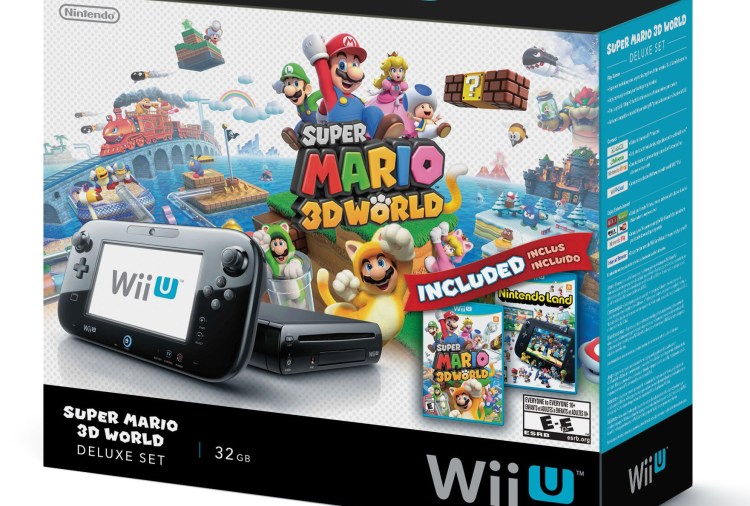Mario isn’t afraid to brave the dangers of ice worlds or Bowser’s castle, but tariffs have scared him away from Brazil.
The game publisher revealed today that it is ending operations in the South American nation (via UOL Brazil). Nintendo will no longer sell software or hardware products in Brazil. The company claims that the current taxes on importing and exporting goods to the country makes continued investment there nonviable. Brazil uses high tariffs to protect its manufacturing jobs as well as to encourage foreign companies to build plants (and create more jobs). Nintendo could do that and avoid many of the taxes it would have to pay now, but it’s not going to do that because of the cost.
Brazil is a growing market for games, but most people are choosing to go with a PC and free-to-play gaming since its easier to avoid high prices.
“Brazil is an important market for Nintendo and home to many passionate fans,” Nintendo of America Latin America general manager Bill van Zyll said in a statement. “But unfortunately, challenges in the local business environment have made our current distribution model unsustainable in the country.”
Nintendo’s local Brazilian partner, Juegos de Video Latinoamérica, distributed the Wii U and Nintendo games, and it will no longer do so after this month. The publisher has never said how much it makes specifically from Brazil. It breaks down its earnings by Japan, Europe, and “the Americas.” The United States, Canada, and Mexico make up the bulk of that, but it’s likely that Brazil was No. 4 as it has a GDP that is equivalent to the rest of South America combined.
The Japanese game company isn’t closing the door on Brazil permanently.
“Working together with the Juegos de Video Latinoamérica, we will monitor the evolution of the business environment and evaluate the best way to serve our Brazilian fans in the future,” said van Zyll. “We will continue to monitor the environment in the country so that we can evaluate future opportunities.”
Gaming in Brazil is a very expensive hobby.
When the PlayStation 4 launched in the country in 2013, Sony sold the system for $1,845 (that’s U.S. dollars). Sony told fans that it wasn’t trying to gouge them, but that cost was due to Brazil’s taxes and tariffs. More than 60 percent of the $1,845 goes toward paying the government.
Earlier in 2013, Sony got around those tariffs for its last-gen console by investing in a local plant to manufacture PlayStation 3s.
But prior to that, the high cost of console gaming pushed many consumers into the arms of free-to-play PC releases. As of April, more than a third of Brazil’s gamers, or 17 million of the 51.5 million gamers, regularly spent time and money on free-to-play PC games. League of Legends is especially popular as well as Team Fortress 2, and players had spent $420 million in a 12-month period on microtransactions in those products.
That free-to-play revolution is likely another reason why Nintendo is hesitant to invest in local manufacturing for Brazil.
VentureBeat's mission is to be a digital town square for technical decision-makers to gain knowledge about transformative enterprise technology and transact. Learn More

